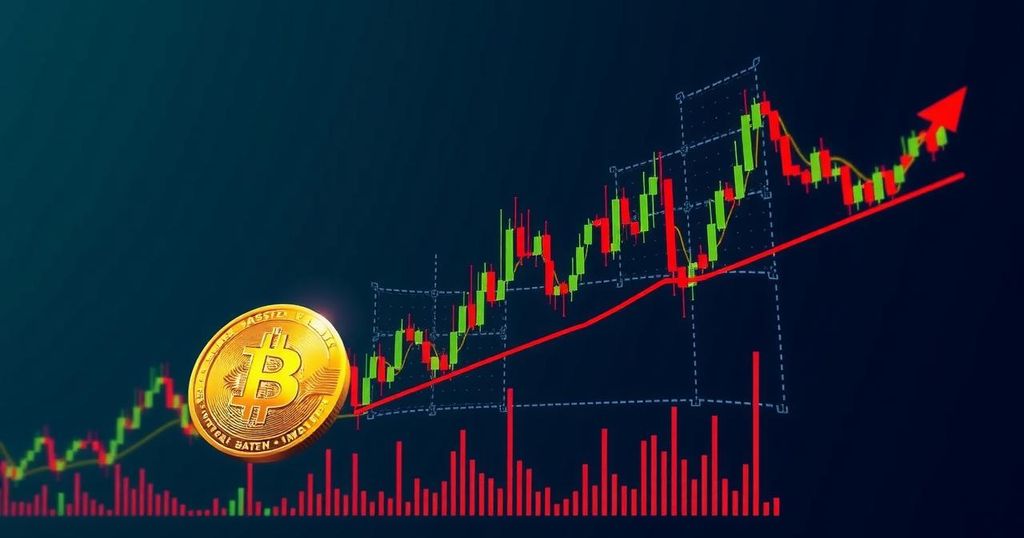Protests Erupt in Bangladesh as Caretaker Government Takes Charge After Ousting of Hasina
Ten protesters in Bangladesh were arrested for attempting to destabilize the government amid ongoing political unrest following the ousting of Prime Minister Sheikh Hasina. The caretaker government, led by Muhammad Yunus, is tasked with implementing democratic reforms. The arrests coincide with rising tensions, including accusations of conspiracies involving international actors and planned counter-protests from students.
A group of 10 protesters in Dhaka, Bangladesh, were arrested on charges of attempting to destabilize the nation, following a small demonstration that took place on a Saturday night. The demonstrators were allegedly linked to the ousted Prime Minister Sheikh Hasina, who fled to India during a period of extensive student-led protests that highlighted public dissatisfaction with her administration. The care-taking government, now headed by Nobel laureate Muhammad Yunus, is navigating the delicate process of implementing democratic reforms while ensuring stability. The interim authorities labeled the protesters as “conspirators” and have vowed to assess their actions to file appropriate charges. Dhaka Metropolitan Police spokesman, Muhammad Talebur Rahman, indicated that investigations are underway regarding the nature of the alleged crimes. This unrest comes on the heels of a planned rally by Hasina’s Awami League party, which the caretaker government has deemed unlawful, branding the group fascist. In response, student activists have organized a counter-protest in central Dhaka. Amidst the turmoil, police reported that an audio recording attributed to Hasina urged her supporters to gather and carry signs depicting former President Donald Trump, insinuating a conspiracy designed to disrupt Bangladesh’s relations with the United States. This assertion has further escalated tensions, particularly as Hasina’s party unfoundedly accused the Biden administration of inciting disturbances against her government, allegations that the White House has firmly denied. Yunus, the newly appointed caretaker leader, expressed hope to collaborate positively, especially after recent political shifts. Law enforcement has stated that any attempts by Hasina’s supporters to organize gatherings will face legal repercussions. In light of these developments, the political landscape in Bangladesh remains fraught with challenges, as the government seeks to maintain order while managing the aspirations for democratic reform from various factions of society.
The political situation in Bangladesh has been characterized by intense conflict, particularly during the tenure of Sheikh Hasina, whose government faced significant opposition and accusations of authoritarian practices. Following violent protests and unrest, Hasina departed the country, leading to the establishment of a caretaker government under Muhammad Yunus, who is now tasked with implementing democratic reforms and preparing for elections. Amid these changes, protests have erupted, with some factions aligned with the former prime minister, raising concerns about maintaining stability while navigating complex international relations, particularly with the United States.
In conclusion, the arrest of the protesters in Bangladesh highlights the ongoing political tensions following the ousting of Sheikh Hasina. The newly formed caretaker government under Muhammad Yunus faces the challenge of ensuring stability while attempting to enact necessary democratic reforms. As various factions vie for influence, the situation remains precarious, particularly with the alleged role of international celebrities being used to rally protest efforts. Continuous monitoring of the developments will be critical as Bangladesh transitions through this tumultuous period.
Original Source: economictimes.indiatimes.com




Post Comment